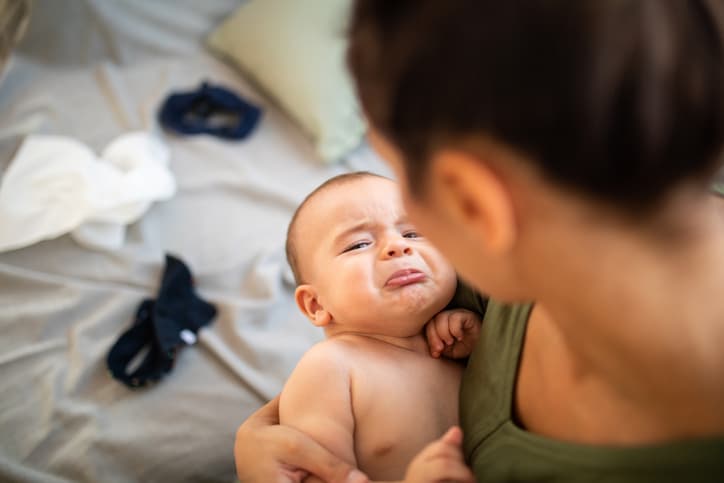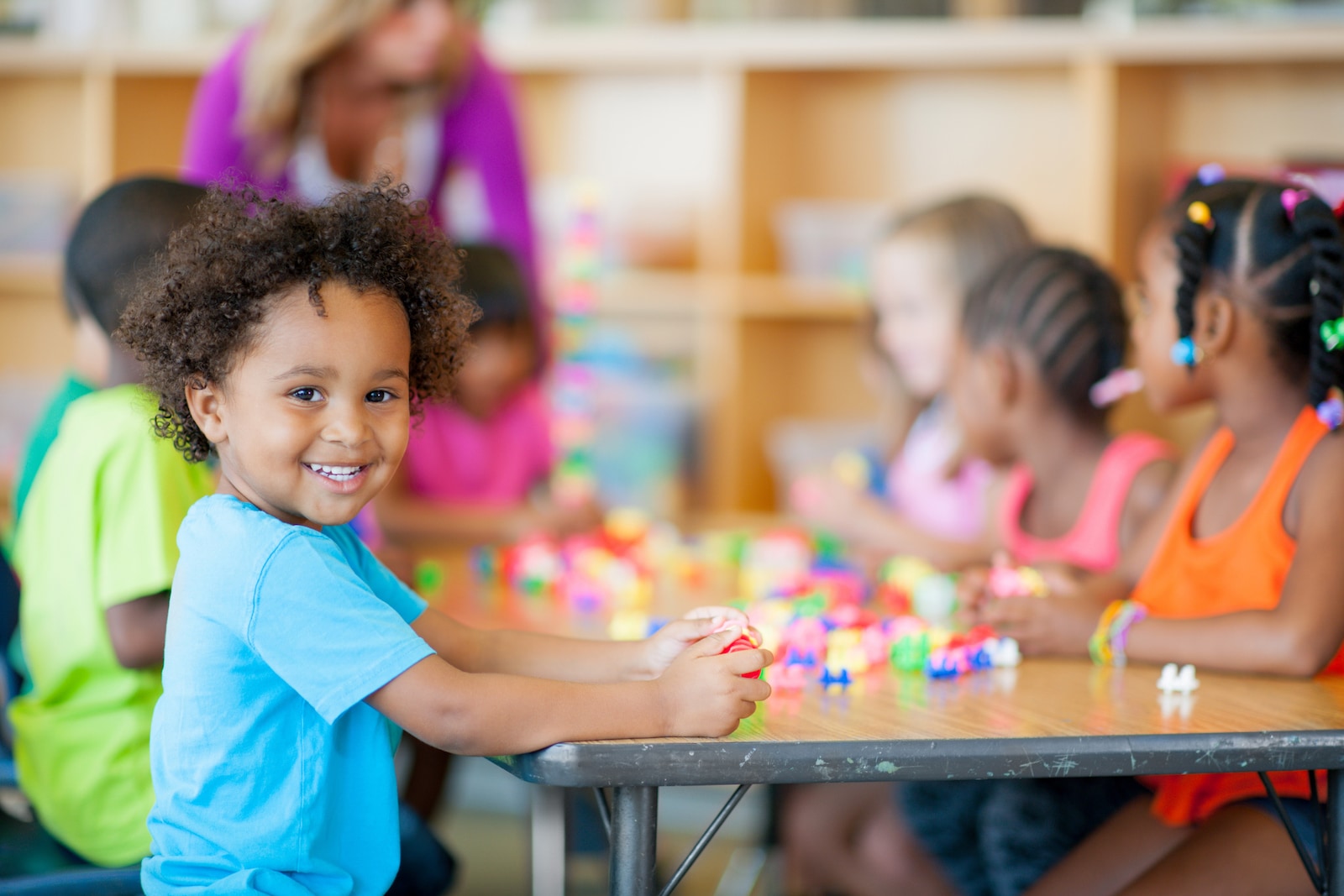Since the dawn of time illnesses have been disrupting family holiday gatherings, but few have seen anything on par with the past two years. While, thankfully, we’re not in the same boat we were circa 2020, there currently are three noteworthy viruses circulating — flu, COVID and RSV — which has given way to the term “tripledemic.”
Any word ending in “demic” is triggering (and most certainly no one wants the word “triple” preceding it), but here’s a bit of silver lining: The current virus trifecta isn’t quite as terrifying as its histrionic name suggests and you can take steps to mitigate your risks of getting sick and/or transmitting disease.
“There is no question that some pediatric emergency rooms are at capacity in parts of the U.S., as RSV undergoes seasonal enhancement, flu enters its peak northern hemisphere winter season and COVID is inching up again,” explains Dr. Farley Cleghorn, an epidemiologist, infectious disease expert and chief medical officer at Palladium. “However, the health care system is in no danger of being overwhelmed.”
“It is very unlikely that we will see a return to broad societal measures such as lockdowns,” Cleghorn continues. “However, the practical advice is to exercise due caution, taking advantage of available flu vaccines and coronavirus boosters, among other things.”
Wondering how to prevent getting sick — and getting others sick — this holiday season? Here’s expert advice.
The tripledemic: How worried should you be?
No doubt, families want to exercise caution when viruses are at peak activity — especially before gathering — but again, this isn’t 2020.
Cleghorn notes that, most likely, the extreme measures that were taken the past three years to combat COVID “reduced typical patterns of RSV exposure in young children, leading to a larger number of susceptibles this season.”
He adds: “In the southern hemisphere, which has already experienced winter this year, there was clearly enhanced flu activity — more cases and an earlier start. But no major reported triple epidemic.”
“A lot depends on individual circumstances and personal comfort with risk.”
— DR. STEPHANIE DELEON, INPATIENT MEDICAL DIRECTOR AT OKLAHOMA CHILDREN’S HOSPITAL
Should you cancel holiday gatherings?
Whether you personally canceled your holiday gatherings the past few years or not, odds are you know at least one person who did. In other words: Extreme measures were pervasive. While it’s not necessary to have that mindset preemptively this year, experts (always) recommend staying home when sick and not gathering with folks who don’t feel well.
“If everyone is healthy during the holidays then it would be reasonable to go ahead and gather to celebrate,” says Dr. Jennifer Kusma, a pediatrician with Ann and Robert Lurie Children’s Hospital of Chicago and instructor of pediatrics at Northwestern University. “However, avoid gathering with anyone that is sick and if you or your child are sick at the holidays, it is important to stay home and not spend time with others outside of your family.”
Another instance you should consider skipping gatherings during the height of sick season? If you’re immunocompromised. “Certainly, if you have a premature or young baby, or a younger child with heart or lung problems, I would heavily consider skipping the big family gathering or limit the child’s contact with the big group,” notes Dr. Stephanie DeLeon, inpatient medical director at Oklahoma Children’s Hospital OU Health.
Similarly, the Centers for Disease Control (CDC) considers the following adults at the “highest risk for severe RSV infection:”
- Older adults, especially those 65 years and older
- Adults with chronic heart or lung disease
- Adults with weakened immune systems
Does this mean older adults are supposed to sit out of the festivities? Of course not. But assessing comfort levels, staying home when sick and speaking with health care practitioners are all key.
“A lot depends on individual circumstances and personal comfort with risk,” DeLeon says. “That said, anyone who is not feeling totally well should stay home.”
How to mitigate the risk of getting (or spreading) sick
Here’s what the experts recommend for staying as safe as possible this holiday season:
Stay home if you’re sick
Hands down, the biggest thing you can do to prevent the transmission of viruses is stay home if you’re not feeling well.
“Regardless of what you have — flu, COVID, RSV or another virus — or if you or your child are sick with any symptoms such as fevers, cough, runny nose or vomiting, it is important to stay home,” notes Kusma.
Consider quarantining
Another triggering word for many: quarantining. But, as Kusma notes, for families eager to gather, it can seriously mitigate the risk of getting sick.
“Families can consider doing a mini quarantine of one week, or limit seeing people outside of their household the week before the holiday,” she says. “This way, you can feel almost certain you’ll feel healthy at the holidays.”
DeLeon adds: “This could include working from home if possible, limiting social activities or even wearing masks in public settings.”
Be up to date on vaccines
“I recommend to always stay on top of vaccinations,” says Dr. Mary Rodgers, principal scientist and infectious disease expert at Abbott. “Vaccines help lower the risk of contracting and spreading flu and COVID-19 while also helping to prevent serious illness.”
This is especially important, Kusma notes, if you are going to be around newborn infants since babies cannot receive the vaccines themselves. “Routine childhood immunizations begin at 2 months and influenza and COVID vaccines are available at 6 months.” And it’s equally crucial for older adults. “The best mitigation approach is to enhance uptake of booster shots, particularly for those over 65, who have the highest coronavirus mortality,” says Cleghorn.
For the most effective protection, DeLeon recommends being vaccinated at least two weeks prior to gathering.
“Keeping a consistent, healthy lifestyle is crucial to supporting your immune system.”
— DR. MARY RODGERS, PRINCIPAL SCIENTIST AND INFECTIOUS DISEASE EXPERT
Self-test
If you want to be extra cautious if you’re gathering with immunocompromised relatives, you (and everyone you’re gathering with) can take an at-home COVID test, which “can provide an extra step of protection,” according to Kusma.
“However, a rapid COVID test is not going to tell you if you have a different virus,” says Kusma, “So if you have any cold or sick symptoms, skip or reschedule holiday gatherings.”
Additionally, DeLeon notes: “Rapid tests are effective if symptoms are present but not very good at screening if you feel well.” That being said, the FDA has recommended “serial testing” of at-home COVID tests “to reduce the risk an infection may be missed (false negative result) and to help prevent people from unknowingly spreading” COVID.
Mask up
While it may not feel very festive, Kusma notes it “may be beneficial to wear a mask if you’re going to be around anyone with immunosuppression or who would be at higher risk of COVID-19 or the flu.”
She adds: “Wearing masks while traveling can also help mitigate the risk of spreading infection at a holiday gathering.”
Wash up
It was drilled into our heads in 2020, but it still stands. “Everyone should wash and/or sanitize their hands well and frequently and not share cups or silverware,” says DeLeon.
Take care of yourself
The holidays are a famously hectic time, where stress — and viruses — are often at an all-time high. A good way to give yourself a leg up is to make sure your health doesn’t fall to the wayside.
“Keeping a consistent, healthy lifestyle is crucial to supporting your immune system,” Rodgers says. “Regular exercise, a healthy diet and plenty of rest will arm your body to be its strongest when needing to fight off a virus.” Also consider spending more time outdoors, which research has found to improve overall health; or, in relation to others, which Rodgers notes “can be used as a natural method of precaution to limit the spread of illness in close contact.”





